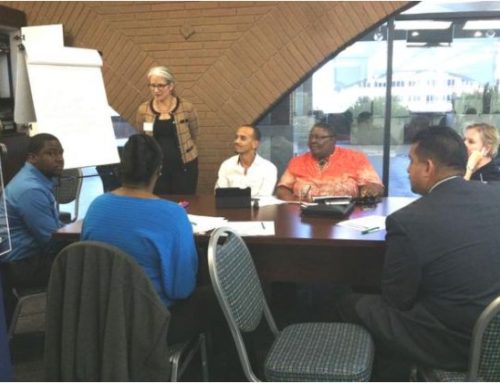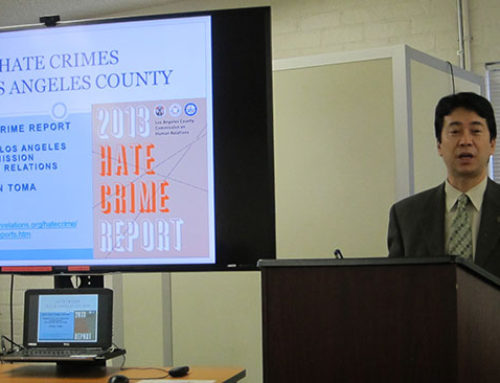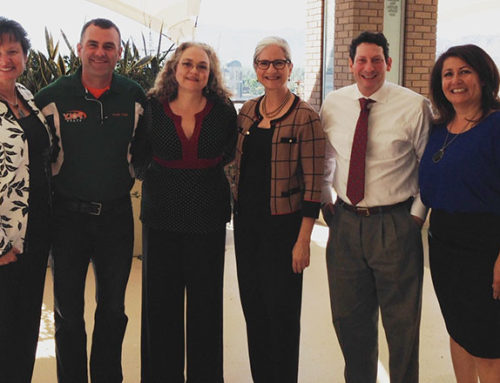California Association of Human Relations Organizations (CAHRO)
April 25, 2014 Convening & Training Conference – Summary of Workshops
CAHRO is providing a summary of the workshops from its recent April 2014 Convening and Training conference, with a list of topics, speakers and materials from the conference as well as links to materials available elsewhere on the internet. CAHRO would welcome additions to this information from other human rights and human relations commissions and organizations, if you would like to add to these topics. Our first summary covers the April conference’s Mental Health and Law Enforcement workshop.
1 – Mental Health and Law Enforcement
Nearly every California community can recount one or more incidents where a member of the community struggling with a mental health emergency has had a violent encounter with law enforcement, with often tragic results for the community member and/or law enforcement. This workshop focused on constructive approaches communities can take to address mental health issues in their communities; what training is currently available to law enforcement to address individuals with mental health problems and then discussed the pro’s and con’s of “Laura’s Law,” which provides for a state law that allows counties to pursue court-ordered outpatient treatment for people with serious mental illness. At the time of the April conference, only two California counties had implemented Laura’s Law, Nevada and Yolo counties. Since then, supervisors from Orange County, Los Angeles County and the City and County of San Francisco have voted to implement Laura’s Law.
Moderator: Ann Noel, CAHRO Board
Paul Kealoha Blake, President of Berkeley’s Mental Health Commission
Paul discussed the death of Kayla Moore, a transgender schizophrenic female who died while in police custody. Berkeley’s Copwatch and Berkeley’s Mental Health Commission did an in-depth investigation of the incident and, in the report distributed at the conference, suggested a number of improvements for how the police can respond to individuals experiencing mental health emergencies. He provided the following article, available online through this hyperlink:
Berkeley Copwatch Report on In-custody Death of Transgender Kayla_Moore
Lt. Jaybee Brennan, Riverside Police Department, Training & CAHRO Board
Lt. Brennan provided workshop attendees with information about Peace Officer Standards and Training (POST) Mental Health training requirements. She noted that the majority of law enforcement academies train 12 hours or more and this includes scenario training. POST has also approved several additional 24 hour Mental Illness and Law Enforcement Training Courses for continuing training hours that any agency can sent their people to as training needs change.
Penal Code Section 13519.2 – Handling Persons with Developmental Disabilities Training Course mandates that law enforcement officers receive “adequate instruction” in the basic training course (Academy) in the handling of persons with developmental disabilities or mental illness, or both. The instruction includes information on the cause and nature of developmental disabilities and mental illness, as well as the community resources available to serve these persons.
Penal Code Section 13515.25 – Mental Illness and Developmental Disabilities Course mandates that the Commission on Peace Officer standards and Training (POST) shall establish and keep updated a continuing education classroom training course related to law enforcement interaction with mentally disabled persons. The courses shall be certified by POST and the minimum training is 8 hours.
Law Enforcement Academy instruction in mental illness and developmental disabilities is included in POST Learning Domain 37. This learning domain includes instruction in the following areas:
American With Disabilities Act, Types of Disabilities, Peace Officer Interactions with People with Disabilities, Lanterman Developmental Disabilities Services Act, Mental Retardation, Cerebral Palsy, Autism, Epilepsy, Neurological Disorders, Blindness or Visual Impairments, Deaf or Hard of Hearing, Persons with Mental Illness, Field Contact with Persons with Mental Illness, Lanterman-Petris-Short Act, Resolution Options
Karen Larsen, Director, Yolo County Alcohol, Drug & Mental Health Services, discussed Yolo County’s implementation of Laura’s Law. She provided the following materials:
- A power point discussing Yolo Counties Strategies for Decreasing Hospitalizations & Incarcerations
- Summaries of Outcomes of Assisted Outcome Treatment (AOT) from Nevada County, the first county to implement Laura’s Law, described in three documents:




